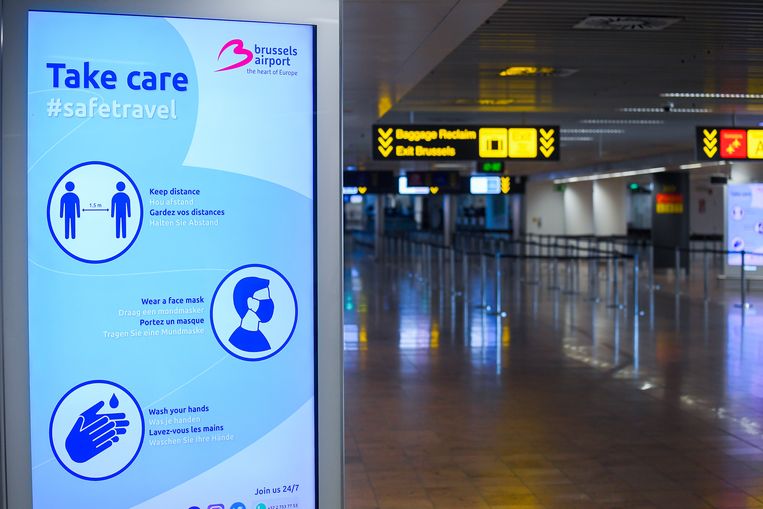On Thursday, the European Parliament and Council negotiators reached a provisional deal for a Digital Covid Certificate to facilitate free movement within the EU during the pandemic.
The current agreement only concerns the information that the certificate will contain, but does not say anything about the travel conditions, which can still be imposed by the individual Member States.
“Whilst the agreement reached today does not fully meet the EP’s demands, it certainly signifies a major improvement to the current status quo for millions of EU citizens," said Chair of the Civil Liberties Committee and rapporteur Juan Fernando López Aguilar.
- The document will state if someone has been vaccinated, if they have a negative PCR test that is not older than 72 hours, or if they are temporarily immune because were infected in the last six months.
- In case of vaccination, the certificate states how many doses someone has received. Member States can then decide whether or not to admit travellers who have received only one shot.
- Member States must accept the vaccines approved by the European Medicines Agency (EMA), which are currently Pfizer/BioNTech, Moderna, AstraZeneca and Johnson & Johnson.
- The document can be a QR code on your smartphone or a paper document.
- A PCR test for those travelling will not be free, despite the request by the European Parliament. However, the Commission has set aside €100 million for “affordable and accessible testing," especially for those who regularly need to cross the border. If necessary, an additional envelope of €100 million can be made available.
- Member States should not impose additional travel restrictions, such as quarantine, self-isolation or testing, “unless they are necessary and proportionate to safeguard public health.”
- The Certificate will be introduced from 1 July, for a period of 12 months.
"The EU Digital Covid Certificate will restore free movement within the EU, as member states start lifting restrictions to free movement across Europe," Aguilar said. "This agreement is the first step to get the Schengen area back on track.”
This agreement will now be put to the Civil Liberties Committee on 26 May, and also still has to get final approval by the individual Member States and the European Parliament, which is expected to happen between 7 and 10 June.

